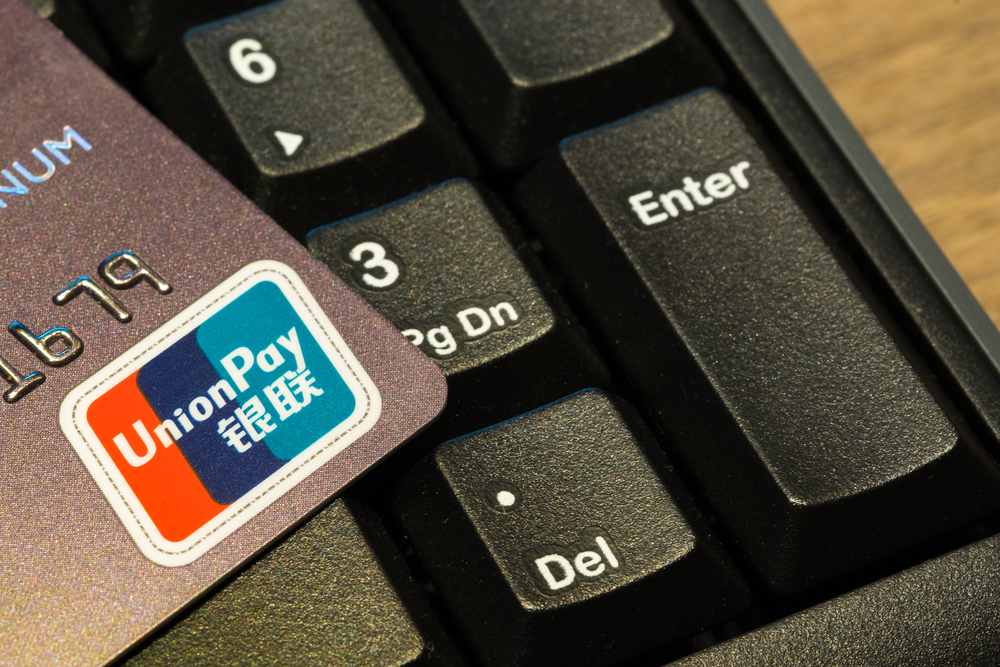Russia is looking to China to ease the economic pressure caused by the intensifying of sanctions by Western governments and financial institutions.
With lines at Russian ATMs continuing to spiral and the economic situation worsening, it has been reported that banks in the region are exploring the possibility of issuing co-badged cards linking Russia’s Mir and China’s UnionPay systems.
Sberbank and Alfa Bank are considered to be two of the firms eyeing embracing the Chinese issuing co-badged cards, following the decision of Visa and Mastercard to halt operations in Russia.
The move by Visa and Mastercard follows an extensive list of sanctions by the west to increase economic pressure on the region, with numerous Russian banks also being removed from the SWIFT global system.
Nonetheless, Sberbank has moved to calm Russian consumers over the impact of the latest steps taken by Western financial institutions, emphasising that their cards can still be utilised offline and to withdraw cash in Russia.
Reacting to the news, Ola Oyetayo, CEO and Co-Founder of Verto, which is a b2b currency exchange, commented: “International sanctions against Russia are effective because they are essentially preventing transactions, domestic and international, from taking place in Russia. This is placing immense pressure on the Russian economy, which is why we expect UnionPay to become very popular among the Russian people.
“UnionPay is an established card payments network, despite mainly being used by cardholders in China. It is the largest card payments network in the world in volume and second-largest, behind Visa, in the number of transactions.
“In terms of capabilities, it’s almost identical – UnionPay cards are also contactless, supported by mobile payments like Apple and Samsung Pay. Acceptance is also growing as more partnerships between UnionPay and other payment networks are being signed.
“It’s important to note that Chinese-issued cards limit cash withdrawals due to China’s capital controls, but this shouldn’t matter for cards issued by Russian institutions.”
He also offered insight into the potential of digital currency as a means for Russia to mitigate the impact of sanctions, adding: “Another alternative to Visa, Mastercard and SWIFT are, of course, cryptocurrencies, and it’s expected that Russians might have already started using crypto to work around the bans.
“Given the decentralised nature of cryptocurrencies, they would be quite difficult to sanction, but the private companies who are the middlemen (exchanges, for example) can place limits on Russian users.”




















